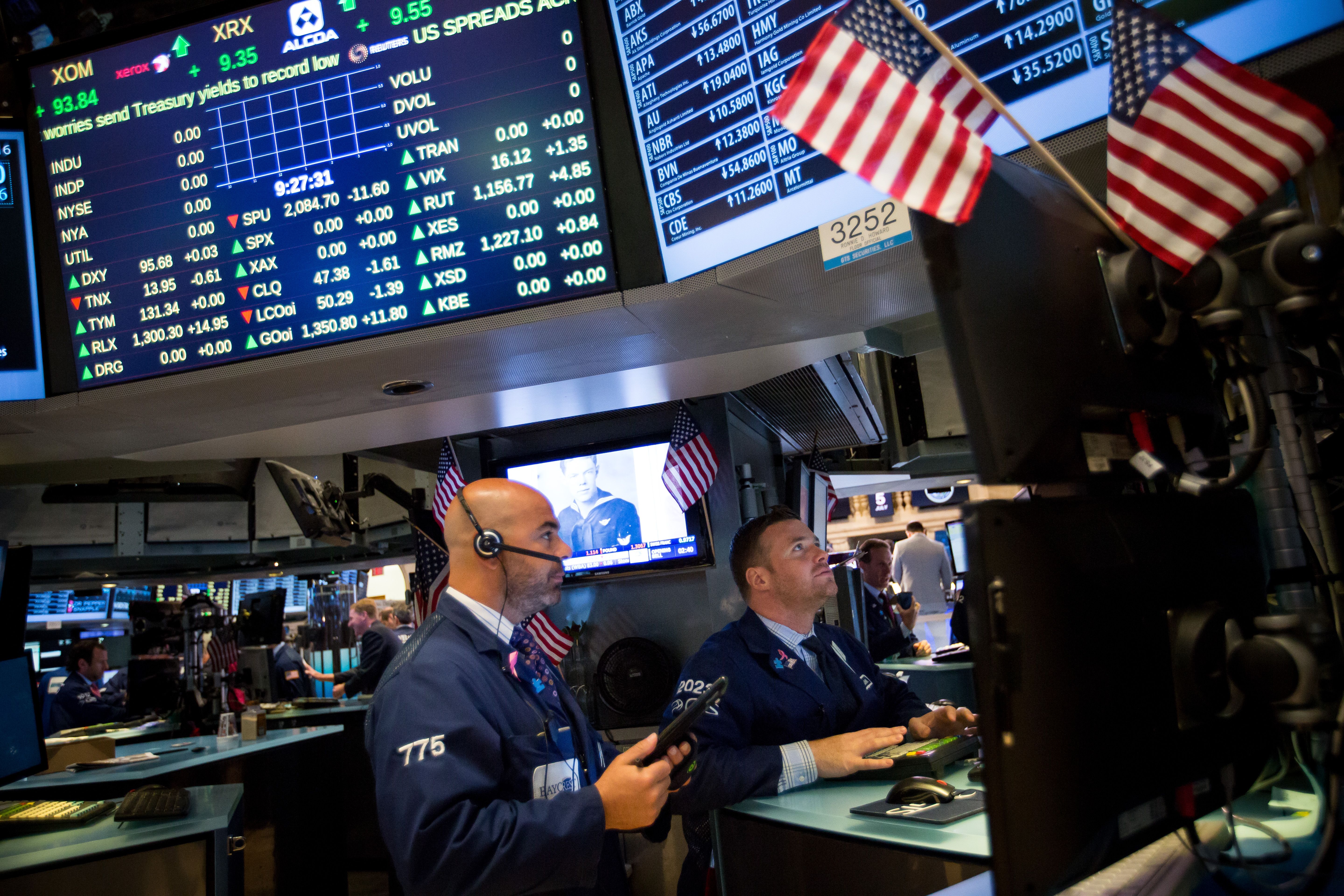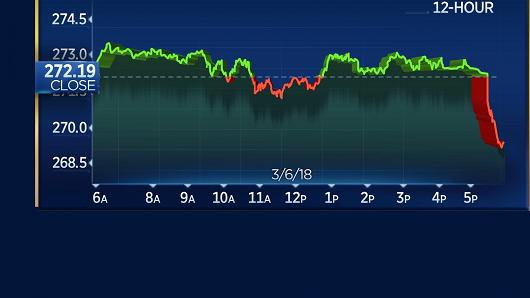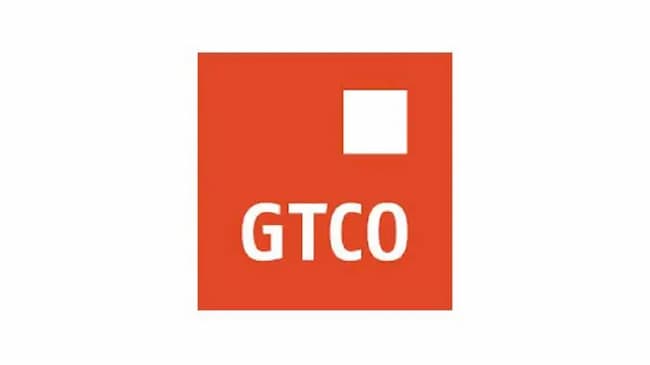World stocks, on Monday, August 21, struggled at a 5-1/2-week low, though metals dazzled with zinc at its highest in a decade, copper hitting a nearly three-year high and iron ore’s gains in the last two sessions stretching to 5 percent.
Traders were digesting the latest departure from Donald Trump’s White House team, watching tensions around North Korea and waiting to see what the world’s top central bankers would signal at the annual Jackson Hole gathering later in the week.
European stocks fell for a third session, though M&A activity helped shipping giant Maersk jump and the rally in metals sent Rio Tinto, BHP Billiton and Anglo American higher.
In the currency market, the dollar remained hampered by Friday’s latest departure from U.S. President Trump’s top team. This time it was chief strategist Steve Bannon, a driving force behind his nationalist and anti-globalization agenda.
The dollar fetched 109.24 yen, not far from Friday’s four-month low of 108.605.
The euro was also in the doldrums, stuck at $1.1750 as it extended last week’s biggest weekly decline in more than two months.
Investors are looking to European Central Bank chief Mario Draghi’s comments later this week at a meeting of the world’s central bankers in Jackson Hole, Wyoming. Sources told Reuters last week he would not deliver any fresh policy messages.
Federal Reserve Chair Janet Yellen’s keynote speech will also be a key focus.
Comments last week from Fed officials suggested the stock market’s steady rise, still low long-term bond yields and a sagging dollar are strengthening the Fed’s intent to raise interest rates again this year despite caution about weak inflation.
“People focus on inflation but in the Fed’s minutes policymakers spend a lot of time discussing whether bond yields are too low or asset prices are too high. If Yellen questions market stability, markets will expect a tighter policy,” said Hiroko Iwaki, senior bond strategist at Mizuho Securities.
In fixed income, the 10-year U.S. Treasuries yield stood at 2.1852 percent, having slipped on Friday to 2.162 percent – its lowest since late June.
German Bunds were steady at 0.4 percent. Greece’s government bond yields dipped early after Fitch became the second ratings agency to upgrade it to “Single B” status, marking another milestone in the debt-laden state’s slow journey away from default territory, Reuters reports.











